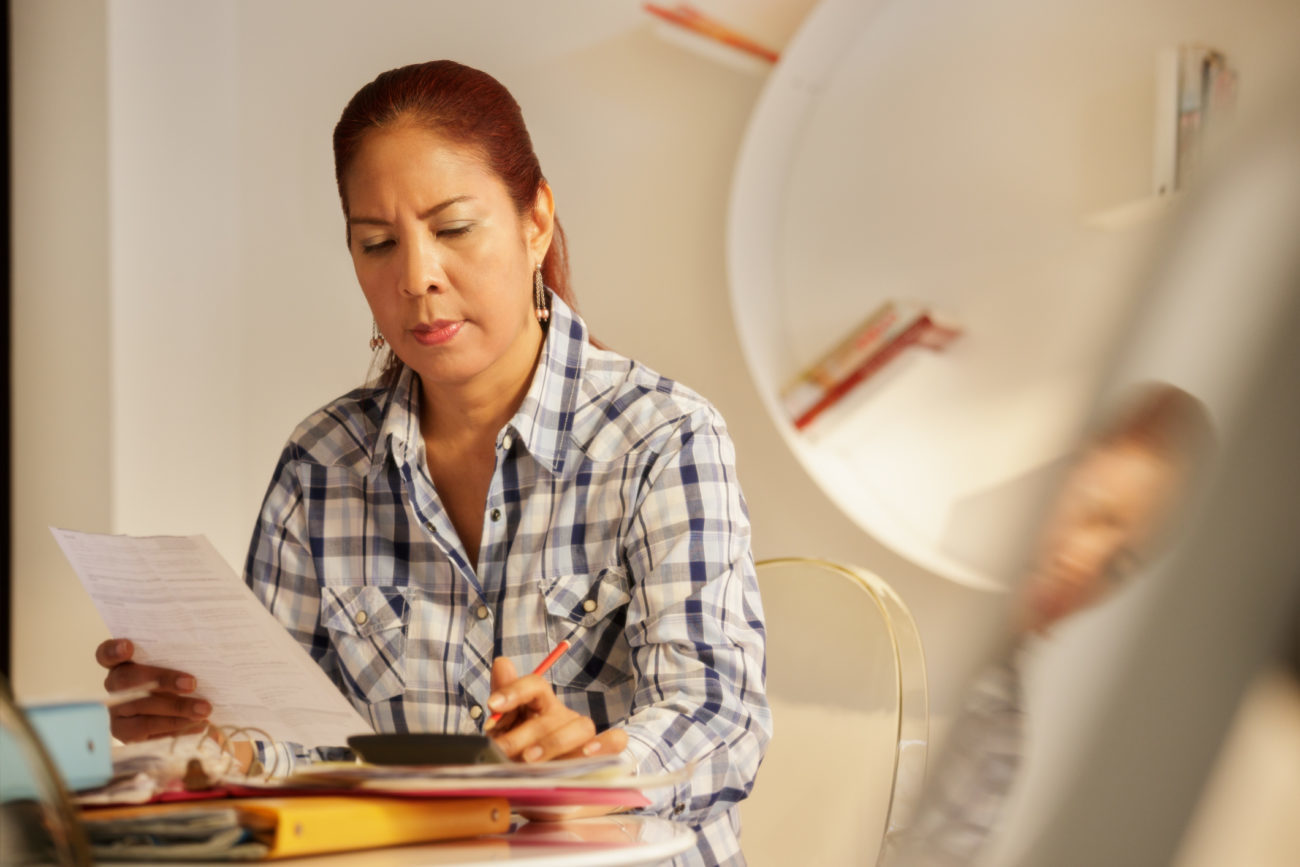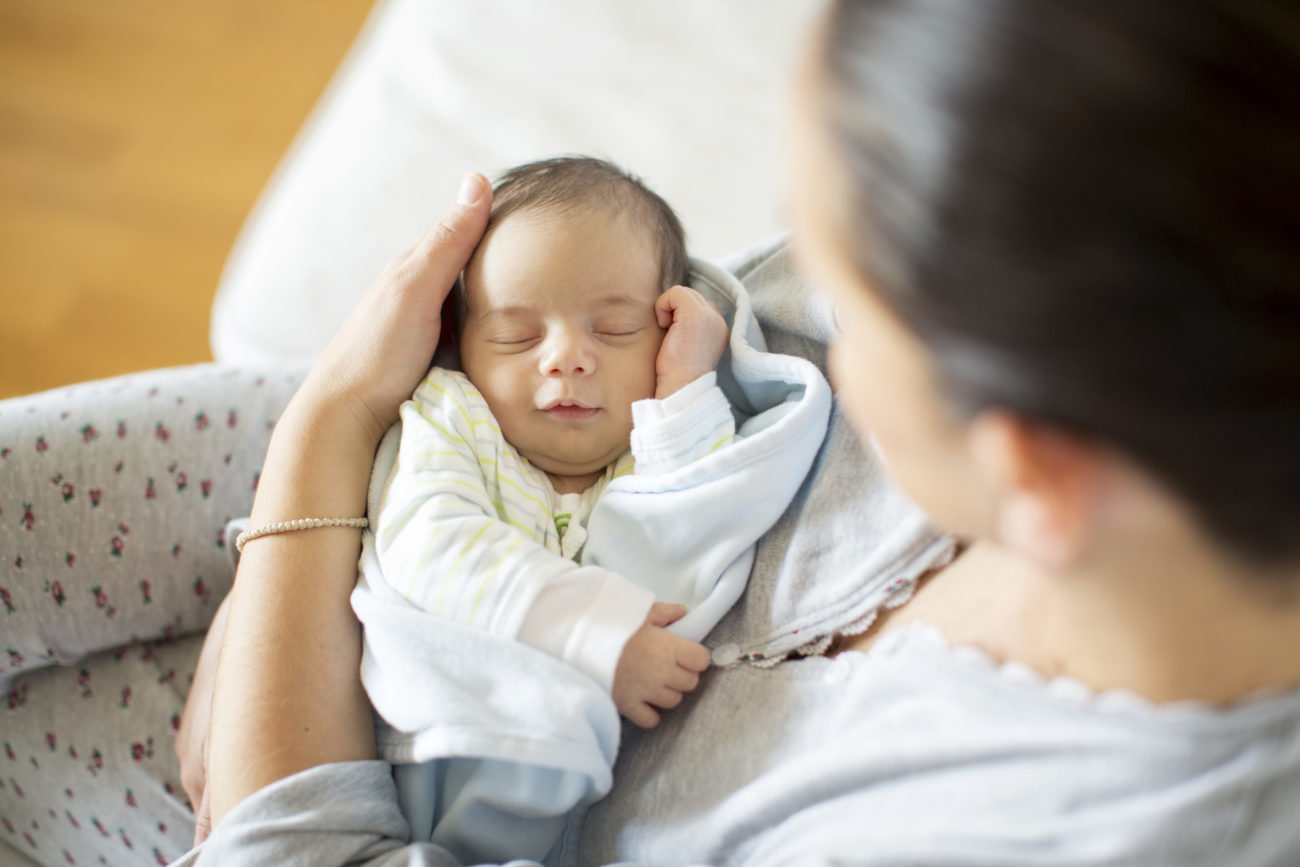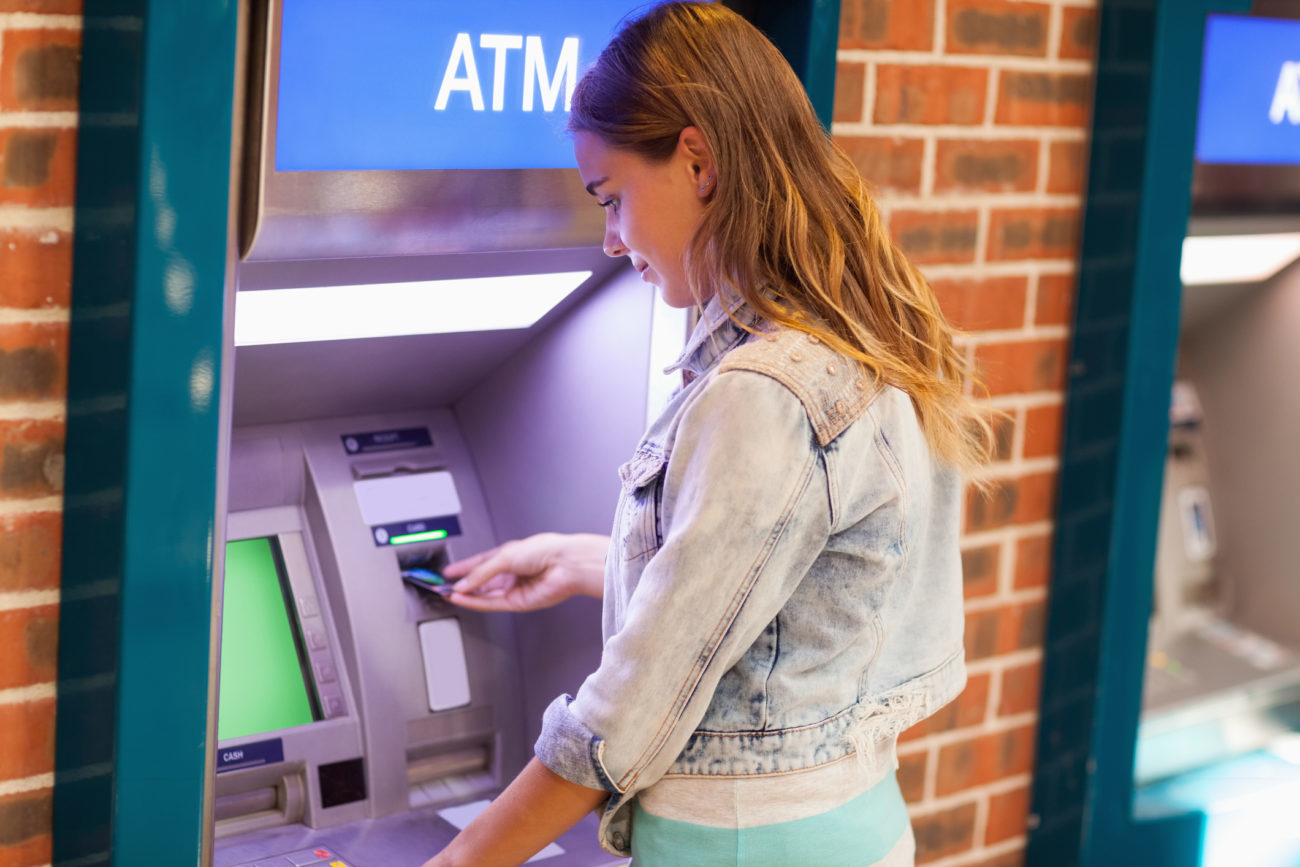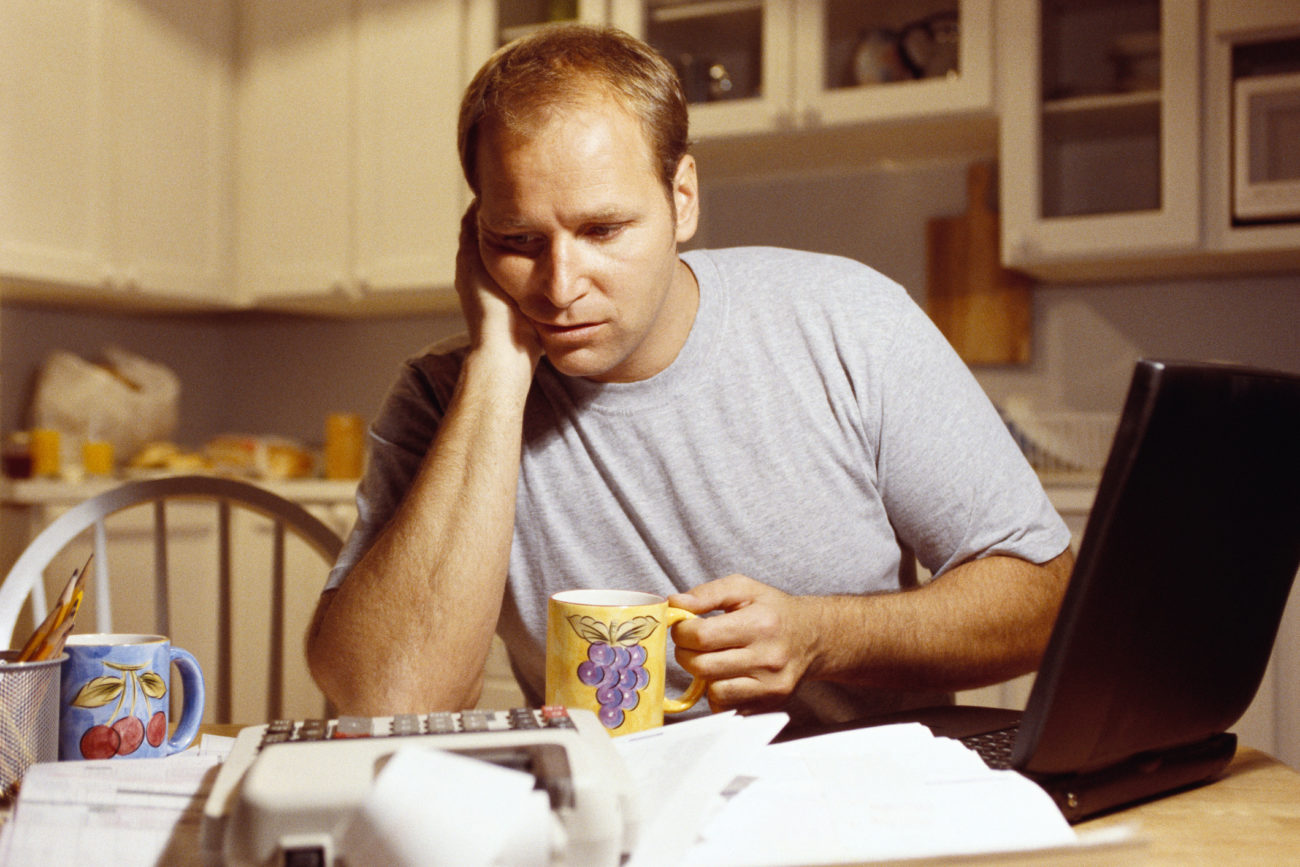Prepare For Hurricane Season

 Hurricane season officially starts on June 1st and lasts until November 30th. This hurricane season wasted no time in delivering storm systems: Tropical Storm Andrea, the first named storm of 2013, formed on June 5th, followed on June 17th by Tropical Storm Barry.
Hurricane season officially starts on June 1st and lasts until November 30th. This hurricane season wasted no time in delivering storm systems: Tropical Storm Andrea, the first named storm of 2013, formed on June 5th, followed on June 17th by Tropical Storm Barry.
With hurricane season underway, how ready are you? If you live in coastal region, whether it’s on the Atlantic, the Gulf, or the Pacific, there are ways to prepare. We’ve put together a few “top five tips” you can use to make sure you and your family remains safe during a storm. We’ve used information from the National Oceanic and Atmospheric Administration (NOAA) National Hurricane Center, from the FEMA’s Ready.gov website, and from the American Red Cross for what you can do to prepare for a hurricane.
Before A Hurricane
Before the storm strikes, here are the top five things you can do to prepare:
- Create an emergency kit. FEMA recommends that you have enough good, drinking water, and supplies such as batteries and first aid to last 72 hours. Additional supplies for the kit include flashlights, a manual can opener, a battery-operated radio to stay informed, and garbage bags.
- Find out if you are in an evacuation zone. Hurricane evacuation routes are clearly marked. If the order is given for your area to evacuate, make sure you know well in advance which roads to take and where you’ll take shelter.
- Learn if you are in a flood zone. If you are, make sure that your flood insurance policy is current and that this information is in a safe place. You should also have your other important documents safely secured as well.
- Make sure any outdoor items are brought indoors. If you have patio furniture, garbage cans, lawn ornaments, garden hoses, anything that could be picked up by hurricane force winds, these should either be firmly secured or brought inside. For items like gas grills, these are not considered safe for indoor storage. The team at Popular Mechanics suggests that the tank should be made as secure as possible by being staked upright against the leeward side of an outdoor shed (if you have one) or against a retaining wall.
- Reinforce your garage doors if possible. Garage doors can be a fail point with wind gusts. There are vertical bracing systems available to help keep garage doors in place and to prevent internal pressurization.
During A Hurricane
- Monitor the news for important updates and information. A hurricane event begins once a hurricane warning has been issued. A warning means that a hurricane is imminent — it’s either happening at that moment or is going to happen at any time. According to NOAA, hurricane watches are issued 36 hours before tropical storm force winds are expected.
- Stock up on non-drinking water. You should have enough clean water for drinking in your emergency kit. Should there be a power outage or a loss of water pressure, you will also need water for cleaning and flushing your toilets. Be sure to fill any large containers with water as well as bathtubs, just in case.
- Keep the refrigerator door closed. This sounds simple, but if the power does go out in your area, you can buy yourself some time in turning the refrigerator thermostat down to its lowest setting and keeping the door closed. According to Ready.gov, bacteria rapidly grows in food that’s at temperatures between 40 degrees and 140 degrees Fahrenheit. By turning the refrigerator thermostat to its lowest setting and by keeping the door closed you can keep the food cold for up to four hours after a loss of power.
- Close your storm shutters. If you haven’t finished putting up your shutters or closing them, this is the last chance you have. If you don’t have permanent shutters, you can use the government recommendation of 5/8″ marine plywood. These should be screwed into the structure itself. If you are tempted to use tape, you’re better off not using it; tape doesn’t prevent windows from breaking.
- Stay indoors. Don’t go outside until the all clear is given. It may be tempting to go out during the eye of the storm, but that presents a danger as the speed of the storm means that the winds will soon pick up again. Remain indoors, away from windows and sliding glass doors, and close all doors. Interior doors should be closed and exterior doors should be secured and braced.
After A Hurricane
- Monitor the news for updates. If you have lost power to your area, follow news updates on a battery-powered radio or on a mobile phone with a car charger.
- Stay home. If you are able to remain home, do so. Drive only if absolutely necessary and be careful of downed power lines, fallen trees, flooding, and debris.
- Inspect your home. Be sure to take photos of any damage your property has incurred, both outside and inside, for insurance purposes.
- Do not use a generator inside of your house. Generators should be used outdoors only. Even using a generator in your garage can present a danger to yourself and your home. Be sure to use a generator outdoors to avoid any carbon-monoxide build-up.
- Be careful of food and water. Don’t drink or use tap water to prepare food until local authorities issue an all clear. Also, if any refrigerated or frozen food seems spoiled, don’t take a chance on eating it. Throw it out.
We hope that these tips for what to do before, during, and after a hurricane can help you to better ready your home and family and that you don’t have to use any of these tips this hurricane season or the next.











